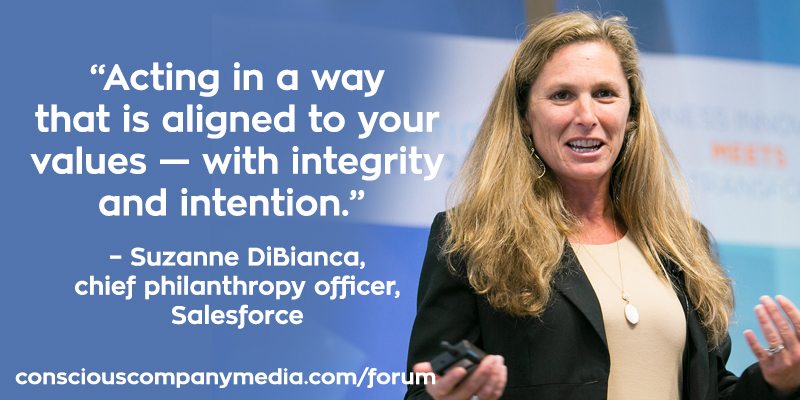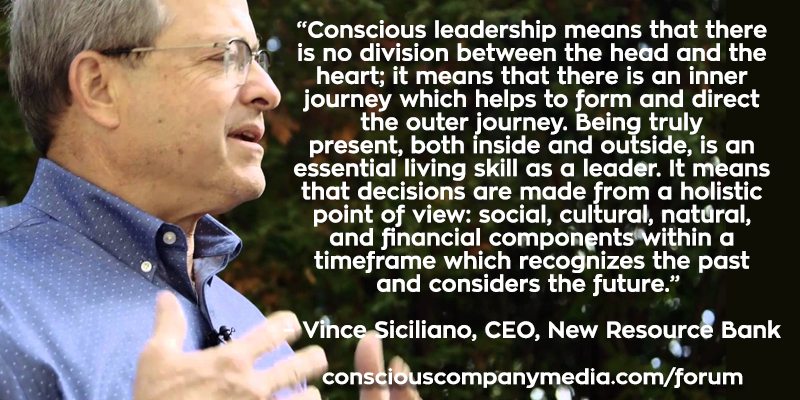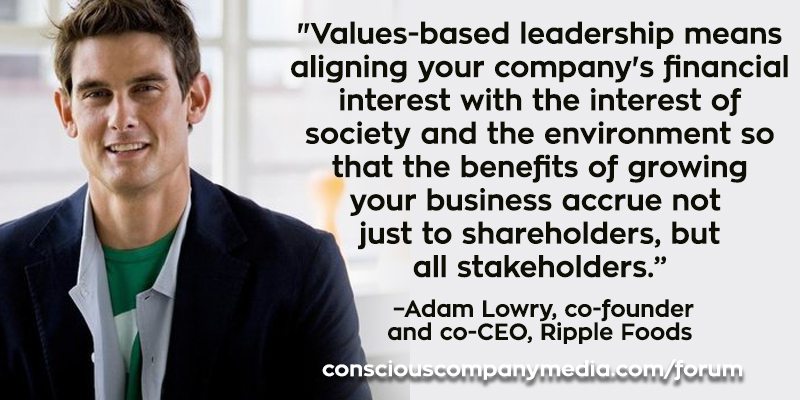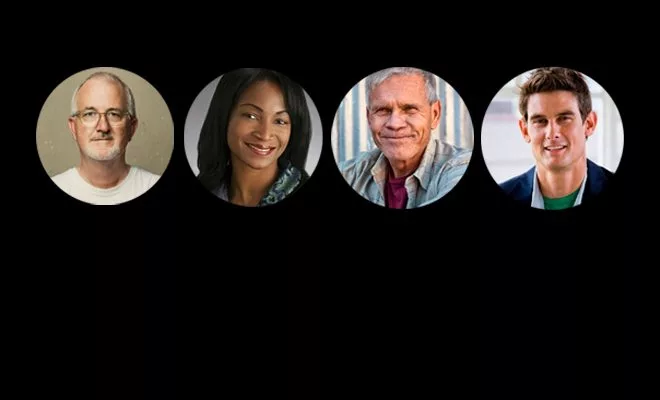On June 7-9, 2017, some of the brightest lights in the conscious business movement will gather at the first-ever Conscious Company Global Leaders Forum in San Francisco to learn with and from each other about how to best use the power of business as a force for positive change in the world.
One of the key tenets of conscious business is that true change starts from within, with mindful, conscious, values-based leadership. We polled some of the panelist and presenters who will be joining us at the Forum to get their take on a fundamental question: “What is conscious leadership and why does it matter?” Read on for what they said. And if you’d like to meet these leaders in person, there’s still time to apply to join us at this groundbreaking event.
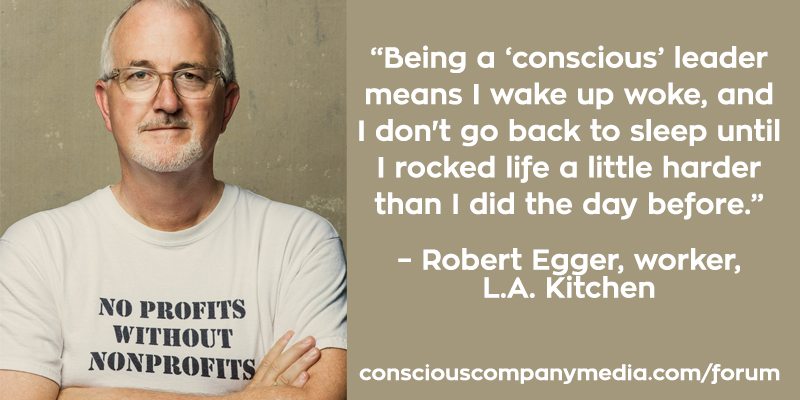
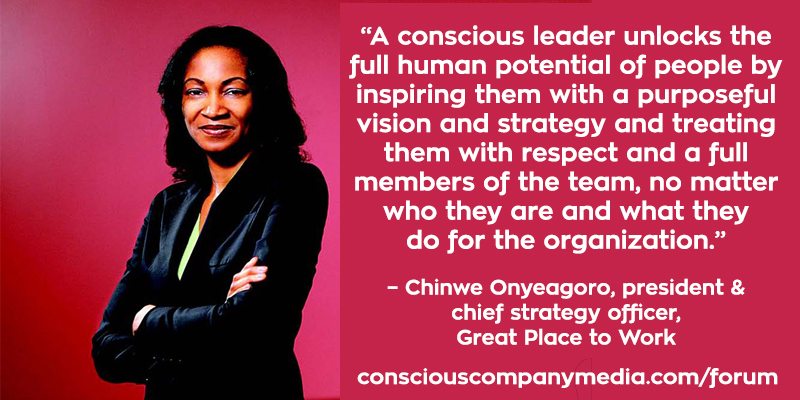
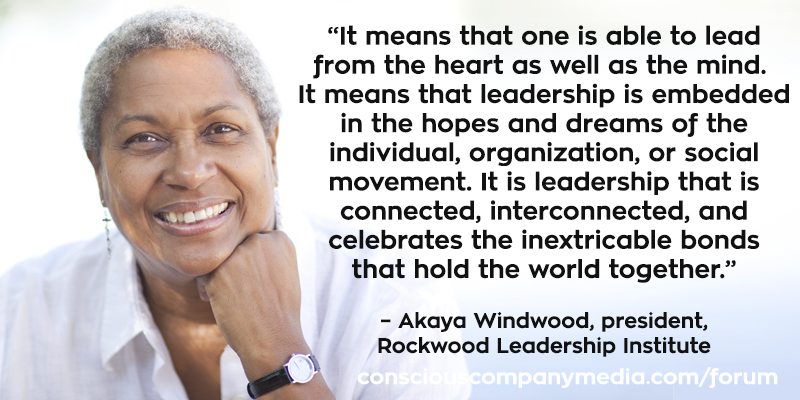

Sheryl O’Loughlin, CEO, REBBL
“A conscious leader is committed to the impact their company has on all stakeholders and investors in its ecosystem, including their tribe of consumers, teammates, board members, brand(s), suppliers, the local community, and the planet. To me, the key difference in a conscious leader is they are leading a brand grounded in a purpose so compelling and meaningful that everyone in the ecosystem thrives from its shared vision. I’ve seen and felt this difference firsthand at Clif Bar, Plum Organics, and now at REBBL.
I’ve also learned to be conscious of my impact on the people in my personal ecosystem, from family and friends to myself when it comes to my own health and wellbeing. Our personal and professional ecosystems are inextricably connected and feed each other in ways that can both uplift us and be destructive. While they are strengthened through authenticity, vulnerability, compassion, self-awareness, transparency, and love, it’s easy for us as conscious leaders to become obsessively focused on the company’s ecosystem, at the expense of our personal lives. Maintaining this harmony between the two can be challenging, yet it is critical that we nurture both so that we can give our full energy and authenticity to our companies so they may best fulfill their purpose.” –Sheryl O’Loughlin, CEO, REBBL
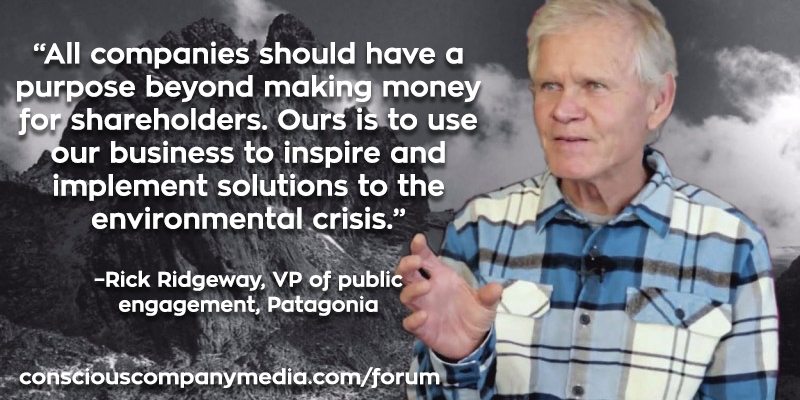
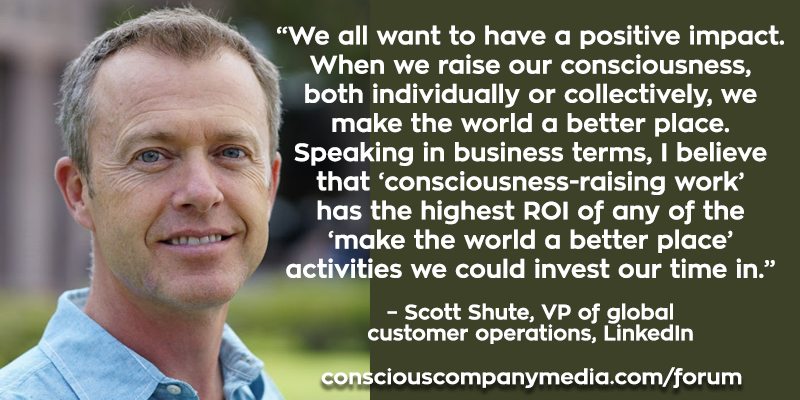
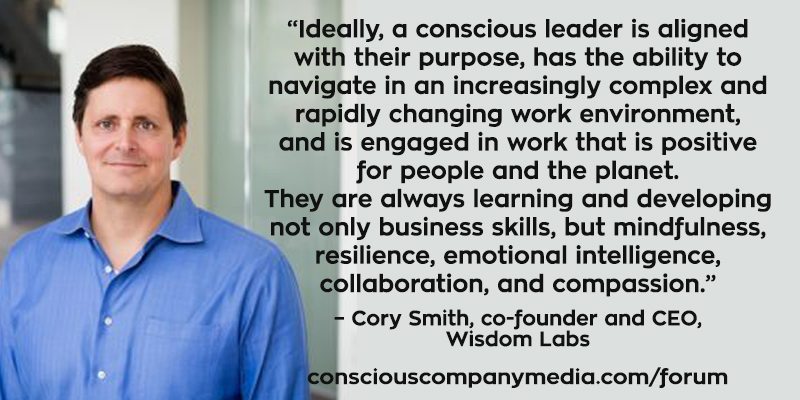
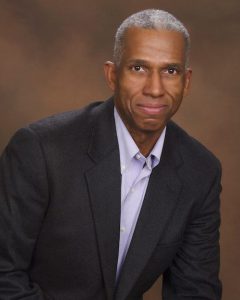
Gerry Valentine, founder, Vision Executive Coaching
“Conscious leadership is a much bigger idea than the way we’ve defined it heretofore; success will depend our ability to expand our thinking and live into that bigger idea.
We’ve had some notable accomplishments in the conscious business movement. We’ve delivered extraordinary products and breakthrough solutions in important areas. However, too much of what we’ve delivered is disconnected from the day-to-day reality most Americans face. Because of that disconnect, we haven’t created the scale in our movement that’s necessary for the level of societal change we seek. In fact, that disconnect has even created some significant headwinds that threaten many of our values and priorities.
The majority of Americans are struggling just to survive — to feed their families and keep their homes. For them, much of what the conscious business community has delivered is economically inaccessible and thus seen as an irrelevant luxury. Sometimes our work even represents a threat. For example, although our progress in areas like renewable energy or sustainable manufacturing is critical, for the millions who depend on the fossil fuels industry or traditional manufacturing for a living, our progress looks like a menace to their livelihood. Add to that the anxiety generated by other real and perceived threats — things like technology-driven job losses, globalization, the decline of US manufacturing, the ravages of increasing economic inequality, and a more diverse population — and you end up with a toxic mix. That toxic mix drove the 2016 US election, when fear and desperation motivated millions of low-income people to vote against their own best interests and to vote in a way that threatens conscious leadership values and priorities.
To turn this tide, conscious leaders need to recognize that we are called on to take a bigger role, and that the notion of conscious leadership is a bigger idea. The success of our businesses depends on customers having the ability to make well-informed, conscious decisions, rather than decisions born out of desperation to make ends meet. We need to recognize that economic inequality is a very serious business risk, because it robs our customers of the ability to make well-informed decisions. We also need to recognize that business can only prosper in a healthy society, and that history has demonstrated that the kind of anxiety and fear we’ve seen arise in the US has led to disastrous outcomes the past.
We need to recognize that conscious leadership is about much more than how we operate our businesses. It’s about how our businesses operate as members of society. It’s about creating diverse constituencies that are representative of all, and making sure all voices are heard. And it’s about how we, as a community of conscious business leaders, join together to influence the direction our society takes on important issues —like social justice, income inequality, the changing nature of work, our economy, and more.
Success will require that we broaden our definition of what conscious leadership means, and that we step up to live into that broader definition — as individuals, as businesses, and as a conscious leadership community.” –Gerry Valentine, founder, Vision Executive Coaching
